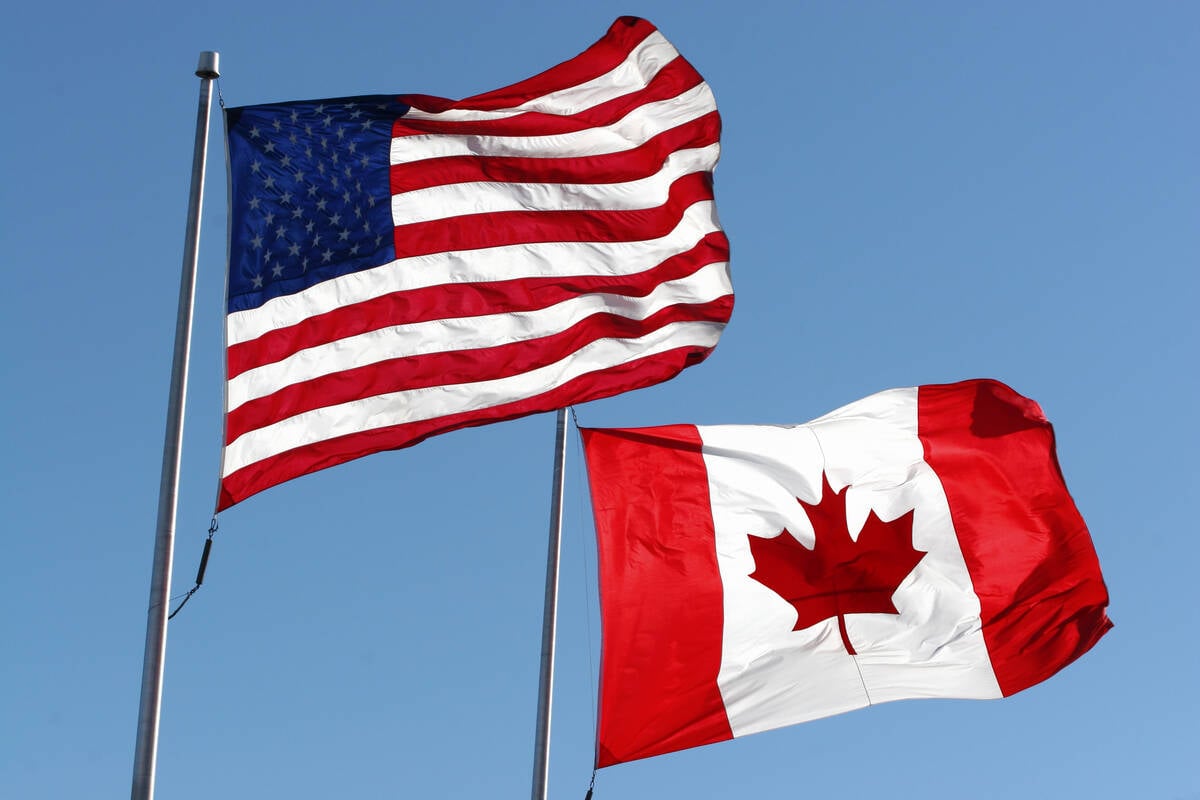The United States Senate and House of Representatives have taken opposite stands on country of origin labelling.
The fate of COOL is now up to negotiating teams from the two houses in search of a compromise.
Canadians have frustratingly little ability to shape this law that has the potential to be as devastating as bovine spongiform encephalopahy to the livestock sector here.
The Senate last week voted to instruct its negotiators to stand by COOL, despite opposition from the National Cattlemen’s Association that felt labelling could increase producers’ costs. Food processors and retailers are also against COOL, worried they also will face increased costs.
Read Also

Trump cuts off trade talks with Canada
UPDATED: October 24, 2025 – 0910 CST – Adds comments from Prime Minister Mark Carney. Reuters — U.S. President Donald…
While legislation making labelling mandatory by 2004 is already on the books, the House last July voted to deny funding for implementation for at least a year.
Consumer groups and general farm organizations such as the U.S. National Farmers Union support COOL.
They believe consumers have the right to know where a product is produced. South Dakota Democrat Tim Johnson has argued that a labelling law would have helped when Canada discovered its one case of bovine spongiform encephalopathy.
The main complaint of livestock groups against COOL is the cost. The U.S. Department of Agriculture estimated it will cost between $580 million and $3.9 billion US a year.
Other complaints include the complicated implementation logistics and the intrusion on producers’ privacy.
Hog and cattle producers also want to know why the law doesn’t apply to chicken or to foods sold at restaurants.
Even R-CALF, the cattle group that lobbied for COOL, says the implementation rules are so problematic that the law needs to be reviewed by legislators.
While last week’s Senate vote was a setback, Canadians and the American opponents of COOL still hope it can be derailed.
Steve Kay of Cattle Buyers Weekly said several Democratic senators formerly in favour of COOL now oppose it because of the cost.
There will be furious lobbying in Washington in the coming weeks on both sides to shape the final bill.
But the best that Canada can hope for is the House’s one-year delay to allow more consultation on drafting better and less costly implementation rules.
COOL is coming and Canadian livestock producers had better get ready.














